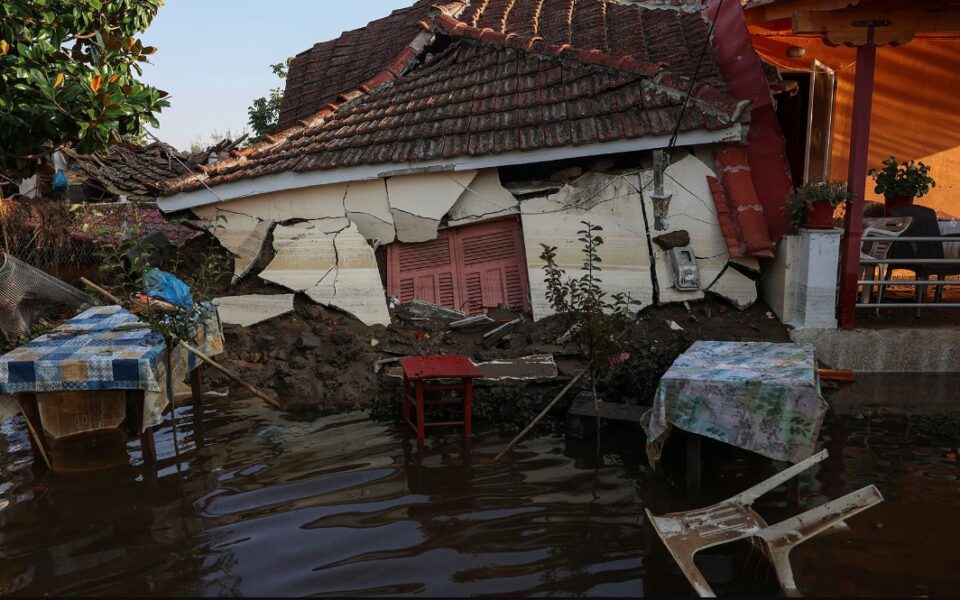Climate change made storm Daniel far more likely and intense, scientists say

The devastating storm that dumped torrential rains along the Libyan coast this month was up to 50 times more likely to occur and 50% more intense because of human-caused climate change, according to an analysis released Tuesday.
Before crossing the Mediterranean, the storm raged for four days and caused extensive damage in central Greece and parts of Bulgaria and Turkey, a region where such extreme storms are up to 10 times more likely and up to 40% more intense because of climate change, scientists said.
factors such as deforestation and urbanization in Greece changed the landscape and exposed more people to flooding
Heavy one-day rains from Mediterranean storm Daniel caused massive flooding across eastern Libya that overwhelmed two dams, sending a wall of water through the coastal city of Derna that destroyed entire neighborhoods and swept bridges, cars and people out to sea. The death toll has varied, with government officials and aid agencies giving tallies ranging from about 4,000 to 11,000 dead.
The analysis was conducted by the World Weather Attribution group, which aims to quickly evaluate the possible role of climate change in extreme weather events.
It also acknowledges that the impacts of the storms were made worse by other factors such as deforestation and urbanization in Greece that changed the landscape and exposed more people to flooding, and by conflicts in Libya that likely led to lack of maintenance on the dams and communications failures. What’s more, the dams might not have been designed to withstand such an extreme rainfall in the first place, they say.
“Through these events, we are already seeing how climate change and human factors can combine to create compounding and cascading impact,” said Maja Vahlberg from the Red Cross Red Crescent Climate Centre in the Netherlands and one of 13 researchers who collaborated on the analysis. [AP]





